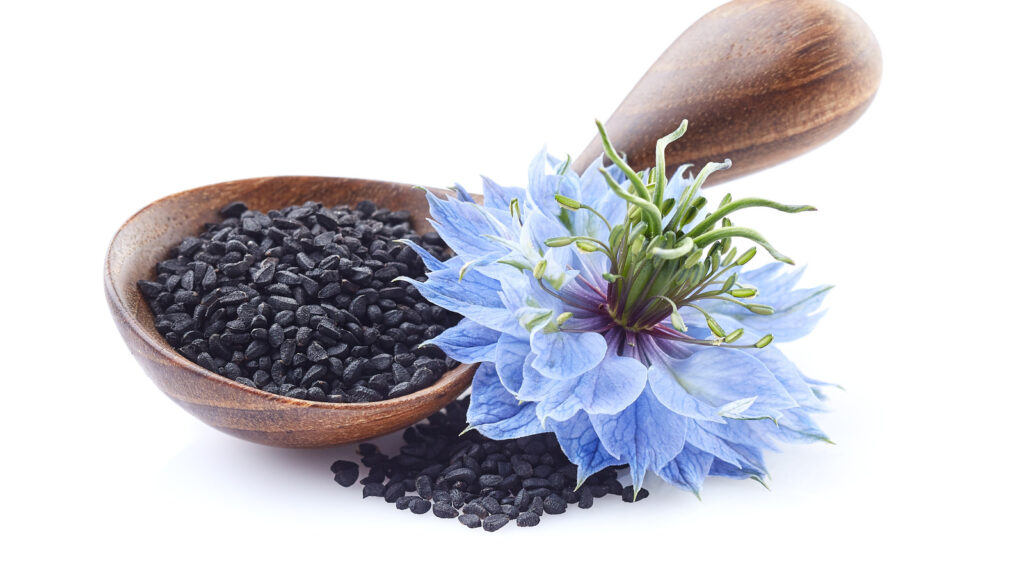Nigella seeds, often known as black cumin or black seeds, have been recognized for their health benefits for centuries, particularly in traditional medicine. Modern research is beginning to catch up with these ancient practices, highlighting the seeds’ potential as a natural remedy for boosting immunity and reducing inflammation. This tiny black seed, derived from the plant Nigella sativa, is rich in antioxidants, essential fatty acids, and bioactive compounds that contribute to its medicinal properties. One of the key components of Nigella seeds is thymoquinone, a potent antioxidant and anti-inflammatory agent. Studies have shown that thymoquinone can modulate the immune system, enhancing the body’s ability to fight infections. It does this by increasing the activity of immune cells such as T-cells and macrophages, which play crucial roles in identifying and eliminating pathogens. Additionally, thymoquinone has been found to inhibit the production of pro-inflammatory cytokines, which are molecules that can cause excessive inflammation when produced in large quantities. This dual action of boosting immune response while controlling inflammation makes Nigella seeds a promising natural remedy for various ailments.

Chronic inflammation is a common underlying factor in many modern diseases, including heart disease, diabetes, and autoimmune disorders. The anti-inflammatory properties of Nigella seeds can help mitigate these conditions by reducing the inflammatory response. For instance, research has shown that consuming Nigella seeds can lower markers of inflammation such as C-reactive protein CRP and interleukin-6 IL-6. By decreasing these markers, Nigella seeds may help prevent the progression of chronic diseases and improve overall health. Moreover, Nigella seeds have been studied for their potential benefits in respiratory health. Respiratory infections and conditions like asthma are often exacerbated by inflammation. The anti-inflammatory and bronchodilatory effects of Nigella seeds can help alleviate symptoms and improve lung function. Some clinical trials have demonstrated that Nigella seed oil can reduce asthma symptoms and improve pulmonary function in patients with chronic respiratory conditions. This makes Nigella seeds a valuable adjunct therapy for managing respiratory health.
In addition to their anti-inflammatory and immune-boosting properties, Nigella seeds also exhibit antimicrobial activity. They have been shown to be effective against a variety of pathogens, including bacteria, viruses, and fungi. This broad-spectrum antimicrobial effect is particularly beneficial in an era where antibiotic resistance is a growing concern and click here. By incorporating Nigella seeds into the diet, individuals may enhance their natural defenses against infections and reduce the reliance on synthetic antibiotics. The versatility of Nigella seeds extends to their ease of incorporation into daily routines. They can be consumed whole, ground into a powder, or used as an oil. Many cultures add Nigella seeds to breads, curries, and other dishes, not only for their health benefits but also for their distinctive flavor. The seeds can also be taken as a supplement in capsule form for those who prefer a more convenient method of consumption. In conclusion, Nigella seeds are a remarkable natural remedy with significant potential in modern medicine for enhancing immunity and reducing inflammation. Their rich composition of bioactive compounds, particularly thymoquinone, underpins their therapeutic effects.